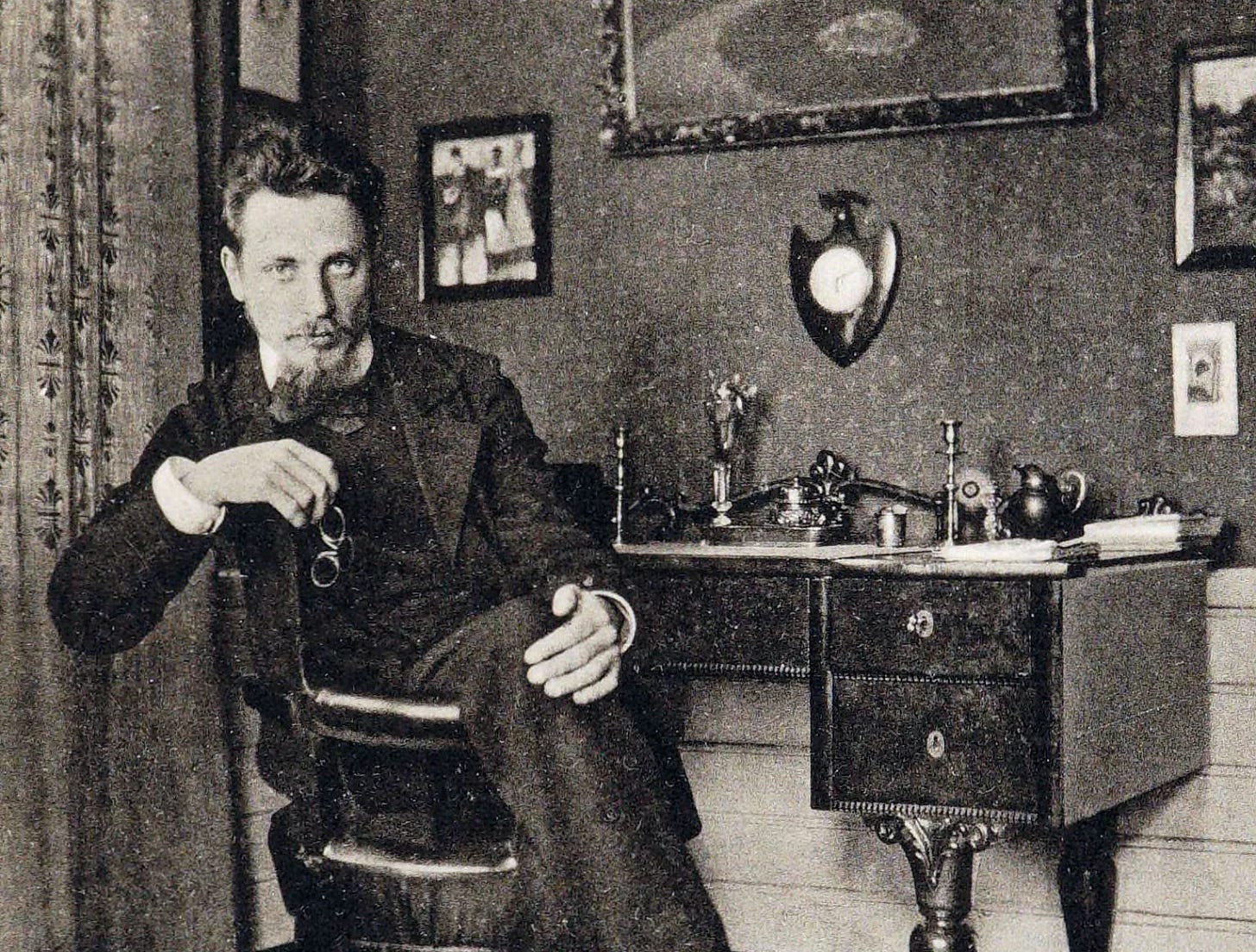As the poet John Berryman put it in his Dream Song 3: “Rilke was a jerk.” I read Rilke’s “Letters to a Young Poet” when I was 16 or so and while there is the odd nugget of gold in there, in hindsight it probably wasn’t the greatest idea to take too seriously advice from someone firmly in the running for one of the most sordid literary personages of all time. Still, great poet.
As a rule, it is idiotic and presumptuous to offer unsolicited advice. I’m going to do it anyway.
I’ve been writing poems seriously for 20 years and this is the practical advice I’d give a young person who was serious about writing poetry.
I’ve followed and not followed this advice to greater and lesser degrees throughout my illustrious career and believe it is good advice for any writer.
Read a lot
This goes without saying but what to read is obviously the big question. I have reservations about this idea of The Western Canon as someone like Harold Bloom would lay it out (that there is a canon of elevated texts outside of Scripture is a fairly recent idea and I think not a particularly useful one), but there are certainly texts you should read.
If you’ve been reading Silver Door for a bit you’ll know I’m in agreement with Blake that “The Old and New Testaments are The Great Code of Art.” Until you read The Bible, Plato, and Shakespeare you’re basically a child from a literary perspective. These are texts to study and ruminate over, over many years.
Of course then you have Homer, Dante, Keats, Poe, and on and on…you’ll be able to figure out the rest. There’s just too much to read and you just need to accept that.
Sidenote: History actually isn’t boring at all if you find the right books and understanding the context of poems makes everything easier in the long run.
Write a lot
Just write a lot.
Try out different meters. Write essays, essays in verse (think Pope), vignettes, prose poems, whatever.
Output, output, output.
Walk a lot
Walking gets you out of the house, is good for your health, and helps you think. Also, and the elites don’t want you to know this, you can often just walk to a friend’s house and pay them a visit.
Find peers, a mentor
Finding and engaging with other poets who are on your level will keep you challenged and motivated. It’s tempting to go it alone, I did for years, but poetry is meant to take place in the social arena.
Plus, when your work is actually worth sharing you’ll have a network of poets to lend you a hand, or at least an ear. Just make sure they’re not complete lunatics.
Finding a good mentor is likely more difficult but you don’t have to make this a huge deal. This could just be someone who knows more and better than you and who will hear you out and give you fair criticism. This person can be online, though in-person is always the ideal.
5. Take it easy on the booze
You don’t have to be a teetotaler, just…take it easy.
And of course, don’t do drugs.
Have an unrelated hobby
Sometimes you won’t want to think or work on any of this stuff, and the majority of people you know won’t want to hear about it either.
All of that is fine.
I think a hobby that engages you physically on some level is preferable. Fishing, rock or mushroom hunting, ceramics, bare knuckle boxing, etc.
I play and watch soccer.
Learn another language
Being fluent in another language will make you a better poet and you’ll be bi-lingual which is just lovely in its own right.
Learn how to recite a poem
Poetry is an oral art as much if not more than a written one.
You can memorize great passages and work on your ear and delivery all at the same time.
If you’ve ever heard someone read their poem poorly you know that’s something to be avoided.
Develop digital discipline
There’s so many idiots on the internet it’s unbelievable. Develop your memory instead of wrecking it on brain-dead social media talking heads.
That’s it.
Oh, and 10. Don’t be a jerk





Good advice. I think I lost 20 years of poetic productivity from taking Rilke’s advice too literally. Also, you are funny.
Yeah, just read a lot and write a lot. That's all you can really do...